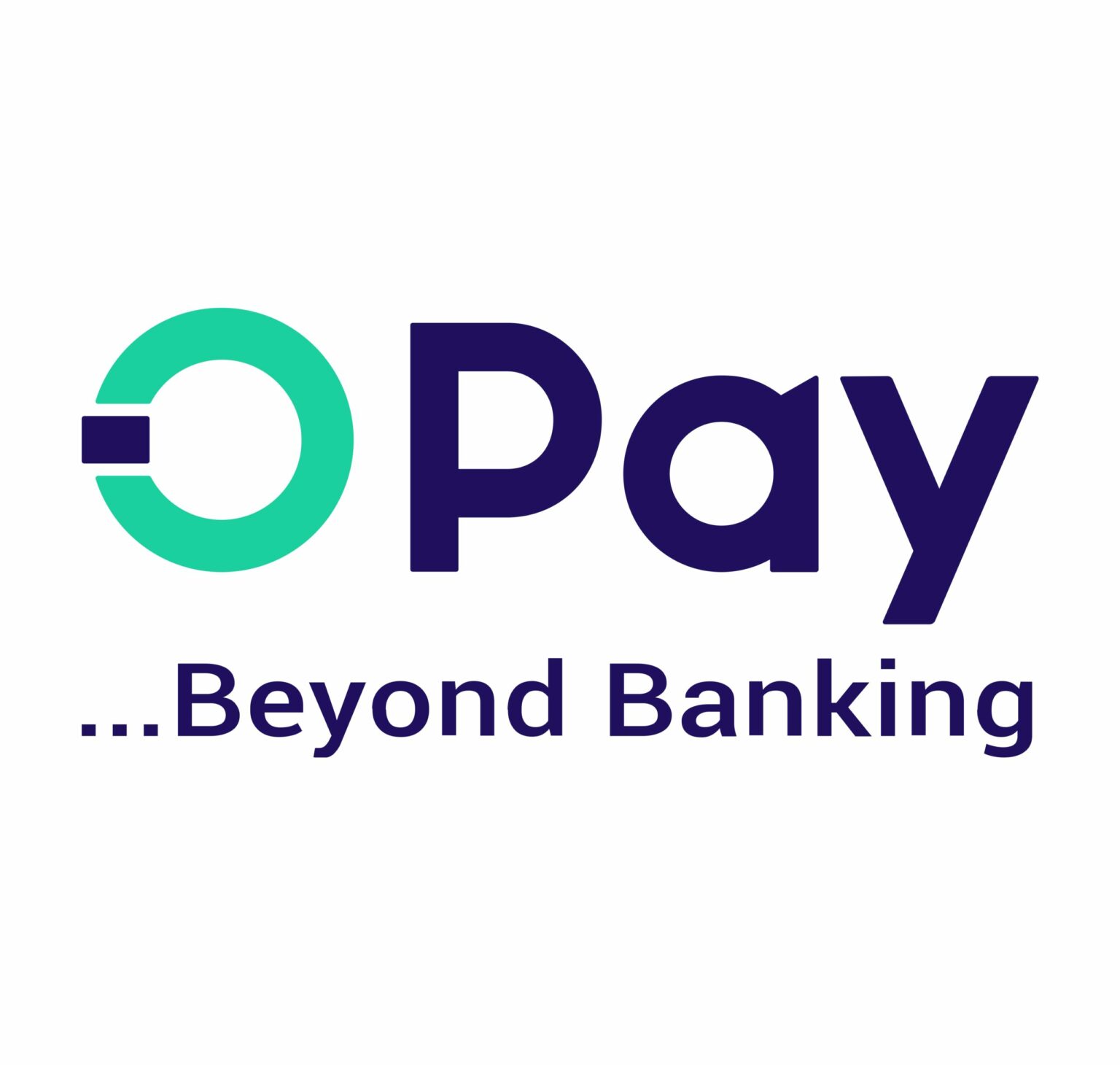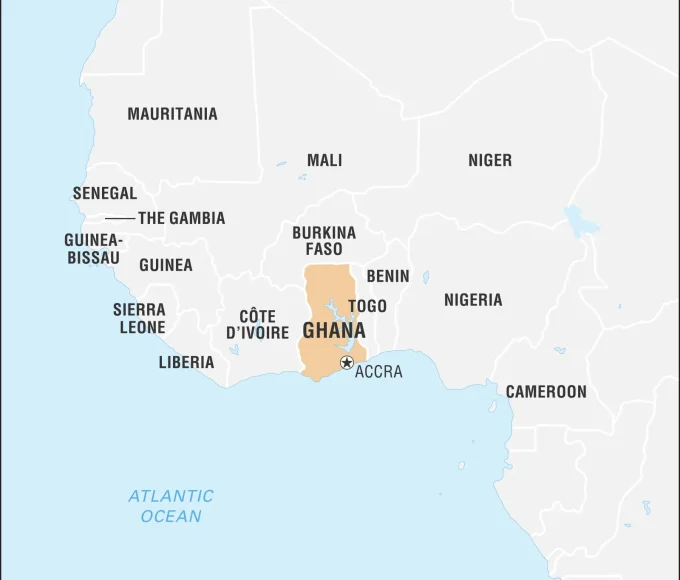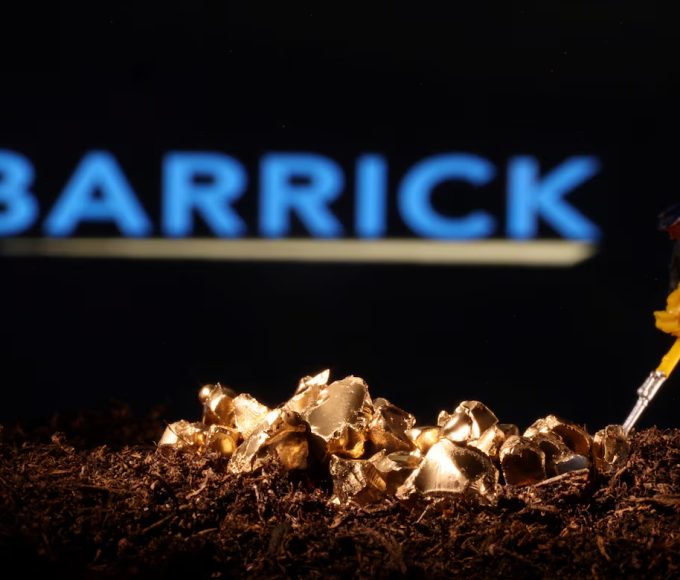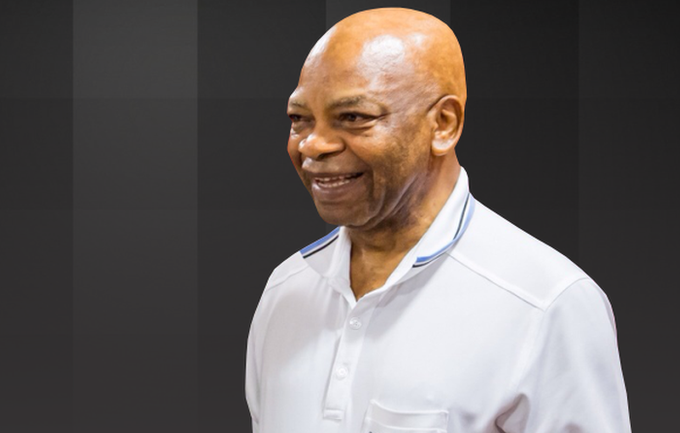
OPay’s Valuation Surges Over 30% Amid Nigeria’s Digital Payments Boom

OPay, the Nigerian fintech startup supported by Sequoia Capital and Softbank, has experienced a remarkable 30% increase in valuation since its Series C funding round in 2021, as indicated by recent corporate filings from Opera, an early investor in OPay. This valuation surge reflects the burgeoning digital payments sector in Nigeria, driving the emergence of innovative financial technology companies.
In 2018, Opera acquired Paycom, a Nigerian mobile money operator, and rebranded it as OPay, obtaining a stake in the company. Over time, Opera’s stake gradually decreased, reaching 6.4% by 2021.
In early 2023, Opera’s stake saw a boost to 9.4% after it divested Nanobank, its Asian fintech subsidiary, to OPay in exchange for equity. Following this transaction, Opera informed investors that its 9.4% stake in OPay was valued at $253 million, according to filings with the US Securities and Exchange Commission (SEC). This implies a valuation of $2.7 billion for OPay, compared to its previous $2 billion valuation from the preceding funding round. However, Opera adjusted its stake’s fair value in subsequent filings based on a minor financing transaction in late 2023.
OPay has witnessed significant growth in recent years, driven partly by a currency redesign that resulted in cash scarcity for several weeks, prompting increased reliance on fintech apps like Moniepoint and OPay for transactions. This trend propelled national payment volumes to record highs in early 2023, with annual digital payments reaching N611 trillion, according to the Nigerian Inter-Bank Settlement Scheme (NIBSS).
Despite this growth, OPay, like other fintech firms, faces challenges related to fraud and customer safety, prompting regulatory bodies such as the Central Bank of Nigeria to tighten rules on account security. Nonetheless, OPay has managed to quadruple its user base and achieve over 60% revenue growth in constant currency terms throughout 2023, as reported by Opera to its shareholders.
Read: Delta Airlines announces Lagos-New York flight
About The Author
Related Articles
Ghana Set to Become Africa’s Eighth Largest Economy
Ghana is projected to become the eighth-largest economy in Africa by 2026,...
ByWest Africa WeeklyFebruary 16, 2026Mali Extends Barrick Gold License for Another Decade
Mali’s government has renewed the mining license for a major gold operation...
ByWest Africa WeeklyFebruary 16, 2026Senegal Unveils $100m Onshore Oil and Gas Plan After Revoking Idle Licenses
Senegal is moving ahead with a new $100 million onshore oil and...
ByWest Africa WeeklyFebruary 12, 2026Atlas Oranto Hit by Licence Loss in Equatorial Guinea, Senegal, Venezuela
Nigerian oil magnate Arthur Eze’s company, Atlas Oranto Petroleum, is facing a...
ByWest Africa WeeklyFebruary 11, 2026











